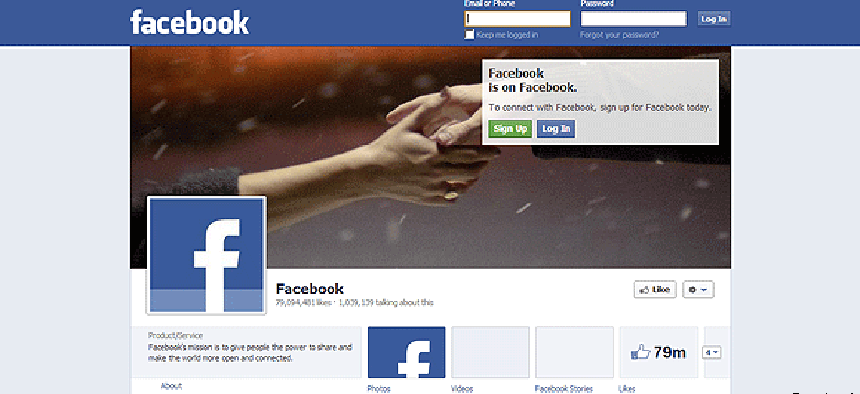How Facebook could chase away government users


Connecting state and local government leaders
The company wants to use your "Likes" to endorse products, whether you like it or not.
I rarely advocate people breaking the law, or even the rules, but this is a special case. Last year GCN contributor Carlos Soto penned an instructive piece about how government employees could use Facebook and Twitter without getting fired.
In it he advocated giving Facebook some specifically incorrect information, such as an incorrect date of birth, which one person who commented pointed out was against Facebook policy. If you do that, you are basically agreeing to a terms of service with Facebook, and then breaking it out of the gate.
But if you are government employee, I think it’s one of only two choices that you have now. It’s either do that, or don’t use the service at all.
Wired recently reported that Facebook is close to agreeing to a settlement with users who were part of its experimental “Sponsored Stories” program. In that program, each time a user clicked on “Like,” Facebook could use that user’s picture and profile in an ad for whatever was clicked on -- without permission and without compensation. Facebook could say “Joe Smith, a computer programmer with the Department of Commerce, likes Happy O’s Cereal!” and show his profile picture (assuming Happy O’s paid Facebook to do it, of course). Now if Happy O’s happens to be made in China by slave laborers, Joe might be in trouble with his bosses. For that matter, regardless of where Happy O’s are made, government employees aren’t supposed to endorse products.
People sued Facebook over Sponsored Stories and won. Each person used in the ads could get up to $10, depending on how many people fill out the class-action-suit forms or how much the lawyers siphon from the till.
But get this: Facebook isn’t actually planning on changing its way of doing business. Instead, the company plans to make every user agree that it can do what it wants with its users Facebook information. Facebook isn’t saying what it did was wrong, which it clearly was, but instead just getting its legal ducks in a row so it can exploit users for cash after the trial.
Facebook’s proposed new agreement states: “You give us permission to use your name, profile picture, content, and information in connection with commercial, sponsored, or related content (such as a brand you like) served or enhanced by us. This means, for example, that you permit a business or other entity to pay us to display your name and/or profile picture with your content or information. If you have selected a specific audience for your content or information, we will respect your choice when we use it.”
In other words, if you “Like” something and happen to be pseudo-famous, well known in your community or if you work for a respected organization like government (and have this in your profile) Facebook can exploit you each time you click a “Like” button. And there is no way to opt-out of the program, other than not using the service.
Soto’s suggestion to give the company inaccurate information could help protect you in some cases, though it also defeats the purpose of using Facebook. And if Facebook found you out, they could eliminate your account.
Facebook’s seemingly desperate attempt to start making money from its users way really rubs me the wrong way. If the company persists, it seems it might be best if government employees didn’t use Facebook at all.
On Twitter, I follow many feds through the @GCNLabGuys account I share with Greg Crowe. Every one of them either says that the feed is their personal viewpoint or an official posting, and almost all add that if they follow someone, it doesn’t count as an endorsement.
Unless Facebook allows feds to do something similar, we could see a mass exodus from the service for government employees more worried about losing their jobs than which of their friend’s children are learning to climb the monkey bars. And I don’t blame them one bit.

NEXT STORY: Is Google Dart a replacement for Java?




